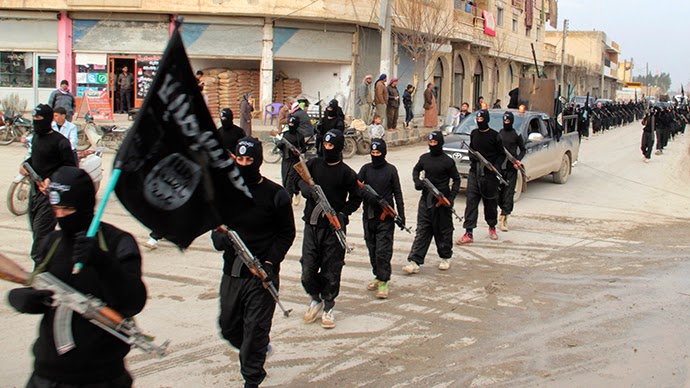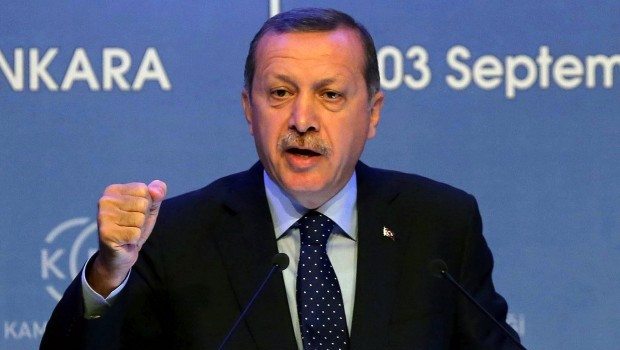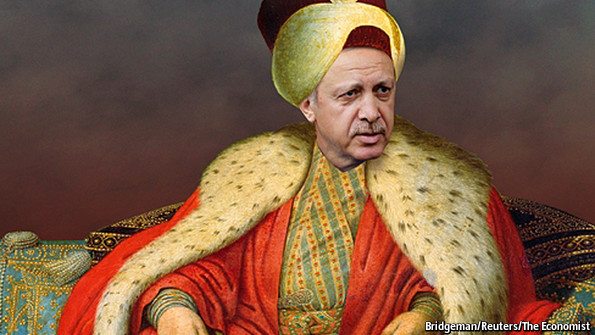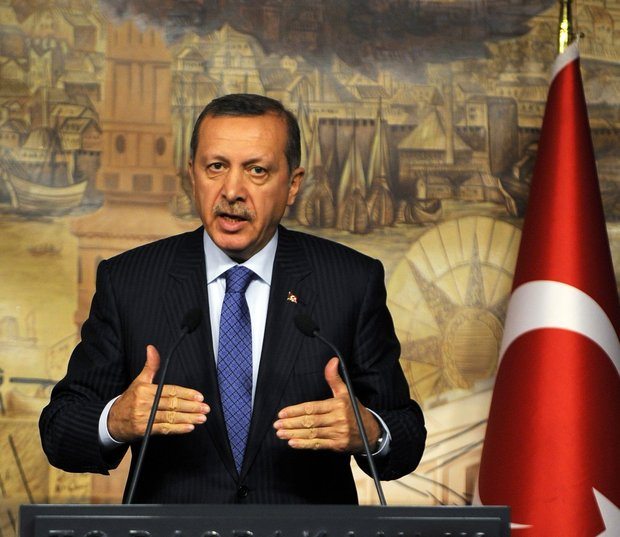Opinion
Burak Bekdil
I have a feeling that our editor in chief, David Judson, will be mad at me for not sharing this scoop with the newspaper and instead revealing it in this column.
Well… I have gained access to a document that shows two international companies, both with multibillion-dollar Turkish contracts in their portfolios, deposited unexplained funds into a numbered Swiss account that Swiss financial authorities have verified belongs to Prime Minister Recep Tayyip Erdoğan.
The first document, endorsed by the bank’s executive board, verifies wire transfers into the account, one coming from a multinational energy giant, and another from a weapons manufacturer – both names withheld.
The second one verifies that the numbered account, totaling $655.76 million as of April 9, 2009, belongs to Erdoğan.
As a matter of journalistic ethics, I shall certainly avoid revealing my sources or how I have gained access to these documents, should any prosecutor dare to take legal action against the prime minister. I must admit, though, that there is one problem: The documents in my possession are photocopies forwarded from one PC to another. So, I advise Mr. Judson not to become angry with me, or I might produce documents proving his links to the armed wing of the Ergenekon gang.
Chief of General Staff Gen. İlker Başbuğ was telling the truth when he said that an asymmetrical psychological war was being waged against the military. The fact that none of us could realistically vouch for the democratic credentials of each and every single member of the Turkish Armed Forces does not change the fact that political Islamists – not too well disguised as “liberal democrats” – have long been trying to systematically fight the military establishment, through means reminiscent of spy novels. In fact, this is a war of intelligence and public relations, and the asymmetrical warriors naturally have the upper hand over their symmetrical enemies.
As a matter of fact, one principal casualty each time there is an asymmetrical war is the judiciary, which gets dangerously politicized. The grand coalition of Islamists – i.e., the neo-Islamists, post-modern Islamists, liberals, neo-liberals and opportunists disguised as democrats – looks so precisely “guided on target” that it may even prefer to sink the entire ship that sails under the name Turkey in order to destroy the whole chamber of the helmsman.
How undemocratic can you behave in order to bolster democracy? Can you torture and shoot the enemies of democracy? Hang them en masse in public squares, all in the name of democracy? Only recently, Erdoğan angrily addressed the main opposition leader Deniz Baykal, saying, “If you cannot prove your allegations [against my party], you are despicable!” He was right.
But who will be the despicable one if civilian prosecutors fail to verify the authenticity of the famous “coup document” that appears to be a photocopy, with its original not existing anywhere? Are “the despicable” only those who allege some foul play by the government but cannot verify it?
The prime minister has the habit of viewing the judiciary through an entirely ideological pair of spectacles. For example, he has claimed that Baykal’s Republican People’s Party, or CHP, has defrauded its accounts, saying, “This was verified by a ruling from the Constitutional Court.” If – and naturally so – an irreversible verdict from the supreme court should suffice for a “public verdict,” then we would end up in the weird situation where Turkey’s ruling party has behaved unconstitutionally, as its various activities to undermine secularism in favor of political Islam also carry a seal of approval from the same court.
Last week, the prime minister was typical Erdoğan again. He pledged immediate (legal) action should anyone get hold of the original “coup document.” Why did he take legal action against “coup-plotters” when the original document did not exist anywhere? As always, the motto is “all is halal [permissible] as long as it suits our political agenda…”
Unfortunately, Erdoğan’s self-declared “liberal” supporters are no exception. Take, for example, prominent columnist, Hadi Uluengin, the liberal voice of daily Hürriyet and someone of whom I am quite fond. This is how he justified the storms around the photocopied document in his June 24, 2009, column, “Who’s wearing out whom?”:
“Éwhether the plan to ’finish off the AKP and Fethullah Gülen’ is authentic or forgery… it would be purely legitimate if Turkey’s democrats, who have had to endure four coups, four coup attempts and several other [undemocratic actions by the military] in less than half a century got agitated by this document. They are endlessly right [about their retort]…”
Uluengin is right about the history of undemocratic military practices in our country. But his reasoning – that even if the document were false, democrats would have every right to attack the military – is a little bit excessive.
By the same logic, someone can always forge documents verifying corruption by the ruling Islamist elite, get them photocopied and distribute them to Erdoğan’s opponents – and since Turkey’s recent history is full of corrupt practices, it would be purely legitimate for our democrats to get agitated even though we could not authenticate these bogus papers.
Is this how Turkey is going to become a more democratic place?
hurriyet.com.tr, August 26, 2014







